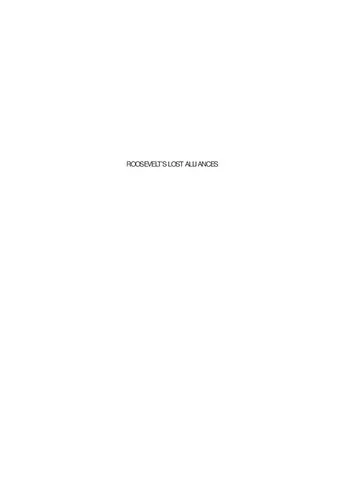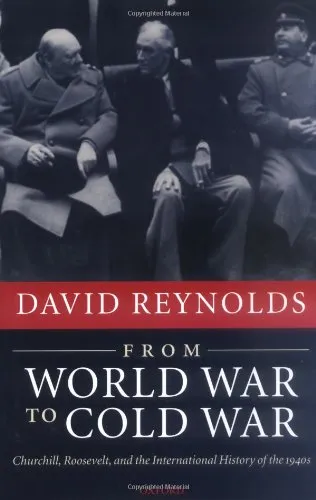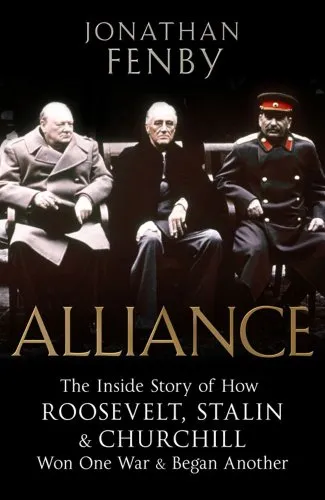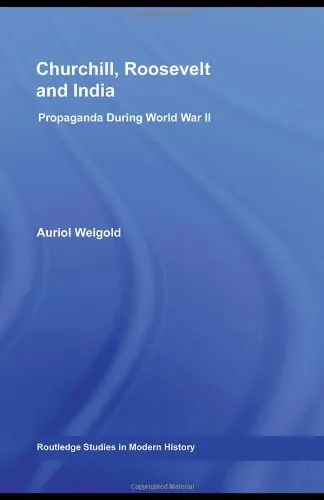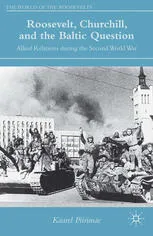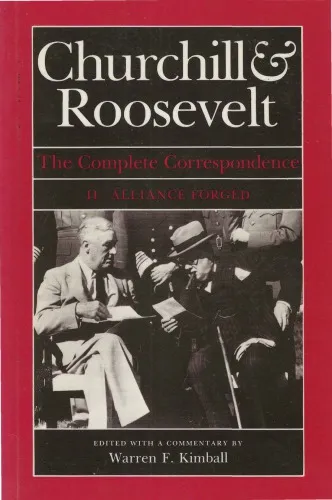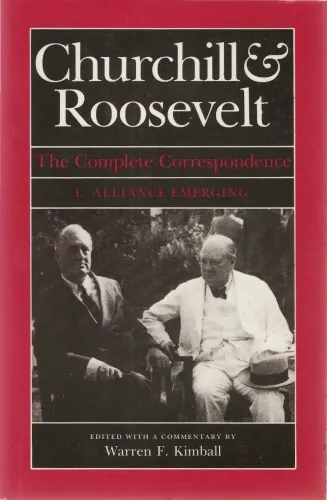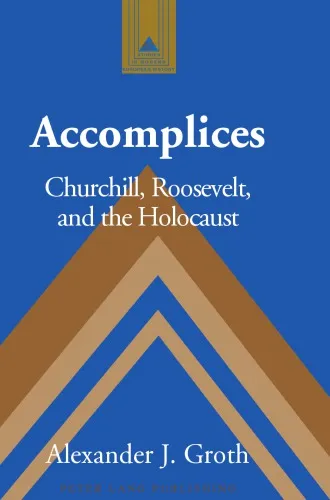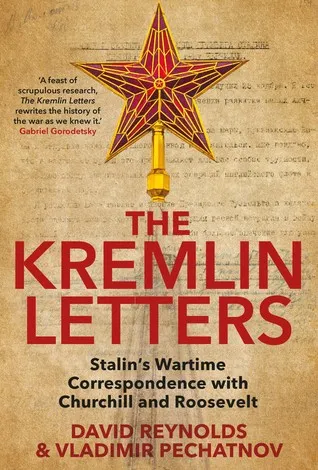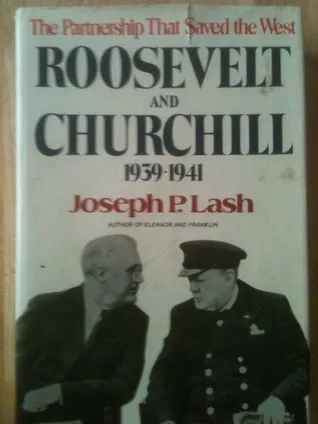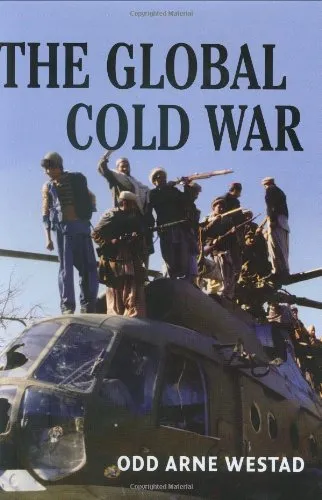Roosevelt's Lost Alliances: How Personal Politics Helped Start the Cold War
4.0
Reviews from our users

You Can Ask your questions from this book's AI after Login
Each download or ask from book AI costs 2 points. To earn more free points, please visit the Points Guide Page and complete some valuable actions.Related Refrences:
Welcome to an in-depth exploration of "Roosevelt's Lost Alliances: How Personal Politics Helped Start the Cold War," a groundbreaking analysis by Frank Costigliola that delves into the intricate dynamics and personal interactions that shaped the world order in the 20th century. In this book, Costigliola intricately weaves historical narratives and personal experiences to illustrate how the personal political strategies during Roosevelt's presidency contributed to the onset of the Cold War.
Detailed Summary of the Book
The book provides a meticulous recounting of the pivotal era during the final years of World War II and the early days of the Cold War. At its heart, "Roosevelt's Lost Alliances" investigates how President Franklin D. Roosevelt's diplomatic relationships with Winston Churchill of Britain, Joseph Stalin of the Soviet Union, and Charles de Gaulle of France played a critical role in not only concluding the global conflict but also incubating the conditions for the subsequent Cold War. Costigliola emphasizes how Roosevelt’s exceptional diplomatic abilities and personal charm facilitated alliances that were based more on personal affinities and rivalries than on political ideologies.
Central to Costigliola's argument is the thesis that Roosevelt's untimely death disrupted these precarious relationships. The book illustrates how Roosevelt's successors, particularly President Truman, failed to emulate his predecessor's diplomatic tact, ultimately unraveling the alliances Roosevelt had painstakingly constructed. The narrative captures the transition from cooperative wartime diplomacy to the stark ideological antagonism that defined the Cold War years.
Key Takeaways
- Diplomatic success during a tense global conflict often hinges on the personal relationships and negotiating styles of world leaders.
- The shift from Roosevelt’s personal diplomacy to Truman’s more confrontational approach significantly contributed to the onset of the Cold War.
- The book underscores the importance of understanding the psychological and emotional components in international relations.
- Personal politics can considerably sway national and international policy directions, particularly in times of global upheaval.
Famous Quotes from the Book
"Roosevelt's strategy lay not in policy dictates but in empathetic engagement. He understood the delicate dance of alliance politics that calls for charisma as much as it does for calculus."
"The distinctions between wartime friendship and peacetime enmity are as fragile as the leaders who perpetuate them."
Why This Book Matters
"Roosevelt's Lost Alliances" matters because it uncovers a lesser-explored perspective of historical political dynamics: the human element of diplomacy that shaped pivotal 20th-century alliances, which eventually gave way to the polarizing tensions of the Cold War. Costigliola’s work is essential reading for historians, political scientists, and anyone interested in the impact of personal relationships on global politics. It challenges traditional narratives by focusing on the interpersonal relationships between world leaders and their broader implications.
The book sheds light on how different leadership styles and personalities can navigate, or conversely, exacerbate international tensions. By understanding these elements, readers garner a profound appreciation of how today's global political landscape may also depend on the personal dynamics among current world leaders.
Free Direct Download
You Can Download this book after Login
Accessing books through legal platforms and public libraries not only supports the rights of authors and publishers but also contributes to the sustainability of reading culture. Before downloading, please take a moment to consider these options.
Find this book on other platforms:
WorldCat helps you find books in libraries worldwide.
See ratings, reviews, and discussions on Goodreads.
Find and buy rare or used books on AbeBooks.
1506
بازدید4.0
امتیاز0
نظر98%
رضایتReviews:
4.0
Based on 0 users review
Questions & Answers
Ask questions about this book or help others by answering
No questions yet. Be the first to ask!
